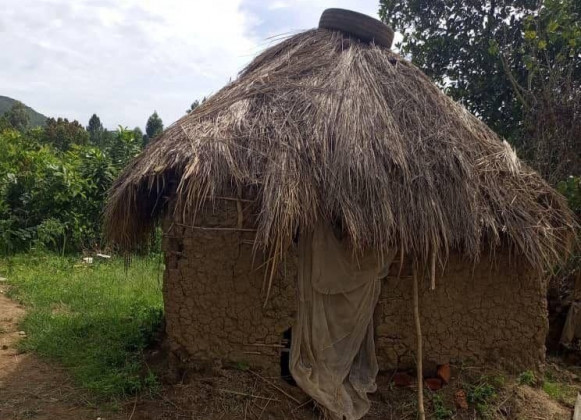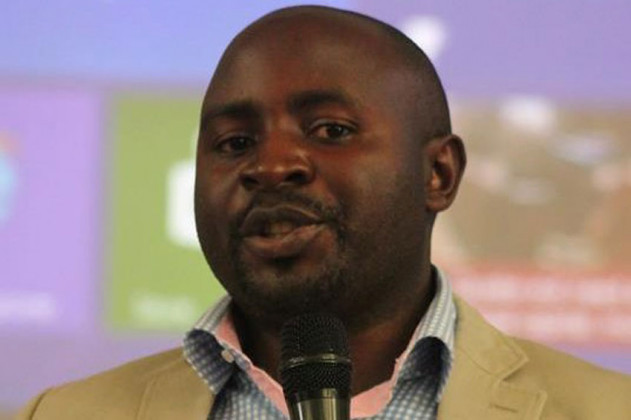In April this year, doctors at the National Specialist Referral Hospital in Mulago were ready to discharged twin girls that had been successfully separated having been born conjoined. But they recalled similar other twins, born conjoined, from Kole District in northern Uganda they had worked on earlier. Upon discharge, one of the twins contracted malaria and died!
This, according to a story in The Observer last week, bothered Dr John Sekabira, the pediatric surgeon and now acting deputy executive director of Mulago who had led the team that separated the twins. When the twins from Hoima were due to be discharged, he sent a team of sociologists to check out the home the kids were going to live in.
The sociologists took a photo of the house, interviewed neighbours and made their report. With the twins from Kole still fresh on their mind, a similar fate awaited them. The twins could not live there and see yet another day.

Dr Sekabira and his team decided to keep the kids at Mulago, where they are still being housed until their housing is sorted. He thinks it doesn’t make any sense to spend so much resources on separating conjoined twins and then send them to die.
These particular twins were born in December last year and were admitted at Mulago immediately. The surgery was only possible in February. Lucky for these twins, Habitat for Uganda, a charity that is involved in building decent houses for the vulnerable has come to their rescue and pledged to build them a house in Hoima, on small piece of land donated by parents of the father of the twins.
When you come to think of it, there is correlation between better health and decent living. If people live in the kind of houses that I saw where this Hoima couple lived, there is no way one can be healthy. If the people aren’t being chowed by mosquitoes, snakes and such other reptiles would have them for dinner. During the rainy season, they would have to wake up and stand in a corner to avoid being wet and all this would lead to disease.
Obviously, when one is living in a tree or some such other place, most likely they wouldn’t have other sanitation facilities. Proper hygiene is key in curbing the spread of diseases. If people just washed hands regularly, many of our people wouldn’t become sick of communicable diseases.
Children sleeping in decent houses would be healthy enough to go to school and they would look forward to returning home, knowing there is a place to sleep not waking up to slapping themselves in futile attempts to kill mosquitoes. Decent sleep which is accorded somewhat by decent living is key for better health outcomes especially for children. But also ill health affects people’s productivity.
By just contracting malaria, it means that a person won’t be able to go to work for some days and should they be admitted to hospital, another person will be with them as attendants. The government will spend an enormous amount of scarce resources on the person should they be admitted in a public hospital while losing money at the same time that could have accrued from taxes had the sick person and their attendants been productive.
Although organisations like Habitat for Humanity can help a few of these kids, their resources aren’t infinite. They can’t help every vulnerable person in need of a decent house. We can support them to raise the resource like Robert Otim, the organisation’s national director appealed but we can also use their model so many other people can do it themselves.
I believe if a community raised some of the resources — they can make bricks, contribute sand, and non-technical labour, Habitat for Humanity could easily support with their technical expertise or even buy some of the materials that the community may not be able to raise.
In many of our communities, we had self-help initiatives such as Bulungi Bwansi in Buganda where people helped those in need and made their communities better.
Today, we wait for Members of Parliament and simply beg. Of course, increasing household incomes is the most sustainable way to decent living but some of the vulnerable are old or sick people who won’t be able to do it themselves.
Do you have a story or an opinion to share? Email us on: dailyexpressug@gmail.com Or follow the Daily Express on X Platform or WhatsApp for the latest updates.
The writer is a communication and visibility consultant. djjuuko@gmail.com

